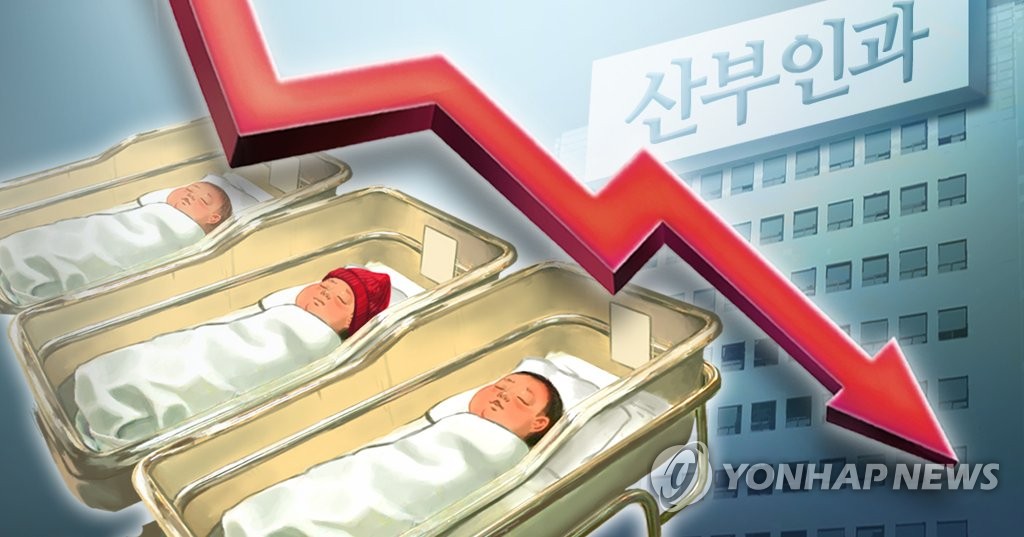While battling the national emergency of a low birth rate over the last few decades, South Korea has been taking new financial measures to prevent the shrinking population. With this problem remaining unresolved, many are left wondering whether this is the right step to take against this struggle.
Since the early 21st century, South Korea’s birth rate has been rapidly declining, with the lowest at 0.72 in 2023. This set a historic national record and placed South Korea as the country with the lowest fertility rate in the world.
In response, Yoon Suk Yeol announced a measure to boost parental leave allowances in May. This gave parents more time off and implemented a more flexible work schedule. The officials estimated that the monthly payment increased to one million won for households with an infant under one year old and 0.5 million won for those with babies between one and two years old.
The government granted a special case of financial support on Sept. 24, when the government granted 170 million won to a couple welcoming South Korea’s first naturally birthed quintuplets. This was not only to help out the couple financially, but also to display the government’s commitment to helping out the citizens and prioritizing population growth.
However, this approach of financially aiding families is not new. The government has been implementing these measures over the past 16 years, spending more than 276.19 billion won. These policies in the end did not bring significant improvements.
The various factors that led to the rapid decline include surging housing prices, lack of quality job opportunities, and exceptional engagement in private education, all of which are intensifying each year in South Korea than in many other countries.
Indeed, initiatives such as providing grants and supporting families for births are worthy efforts by the government; however, they do not tackle the root cause of this issue. The national emergency is not attributed to a single aspect of South Korean society as there are multiple interconnected factors that discourage child birth. These overlapping challenges worsen the complex situation, making it a difficult struggle for the government to solve.
To effectively manage the alarming decline in South Korea’s birth rate, merely financially aiding families will not be sufficient. First, they have to modify the public education system. Currently, South Korea has one of the highest-pressuring educational systems in the world. As competition to enter a prestigious university became more intense than ever, many parents concluded that private education is necessary for the children’s road to success, leading many to spend a substantial portion of their income in private tutoring and academies. What the government should do is to reform the university entrance examination system so that students are able to have a chance in prestigious universities even when they are solely relying on the public education system. This will reduce financial pressure on parents and lessen the fear of the young adults who are considering starting a family.
Another major concern is the lack of secure, quality employment for young adults. Job security is crucial as it can help them meet their basic needs and avoid psychological distress. The government alleviates this problem by funding big companies to hire an increased number of young workers or financially aiding the new businesses. In this way, young people are indirectly encouraged by the government to foster a family, have more children, and make long-term plans.
Although managing the education system and employment security are just as essential, the main priority of the government should be to stabilize the housing prices as they are the leading cause of the rest of the problems. This does not simply mean dropping the housing prices itself, but aligning them with the cost of living. This way, more people are motivated to plan for their future, which in turn, will increase the birth rate. This is because the birth rate issue is rooted in our human nature regarding the sense of “home”: we are more likely to start a family, bear more children, and pursue our wants when we are offered psychological comfort and protection. It is the government’s job to encourage this desire by making homes more affordable for the people.
With South Korean society involving heavy emphasis on the two incompatible philosophies of confucianism and capitalism, the situation became highly complicated. It seems like South Korea’s inevitable demographic crisis would take a long-term effort to overcome.


